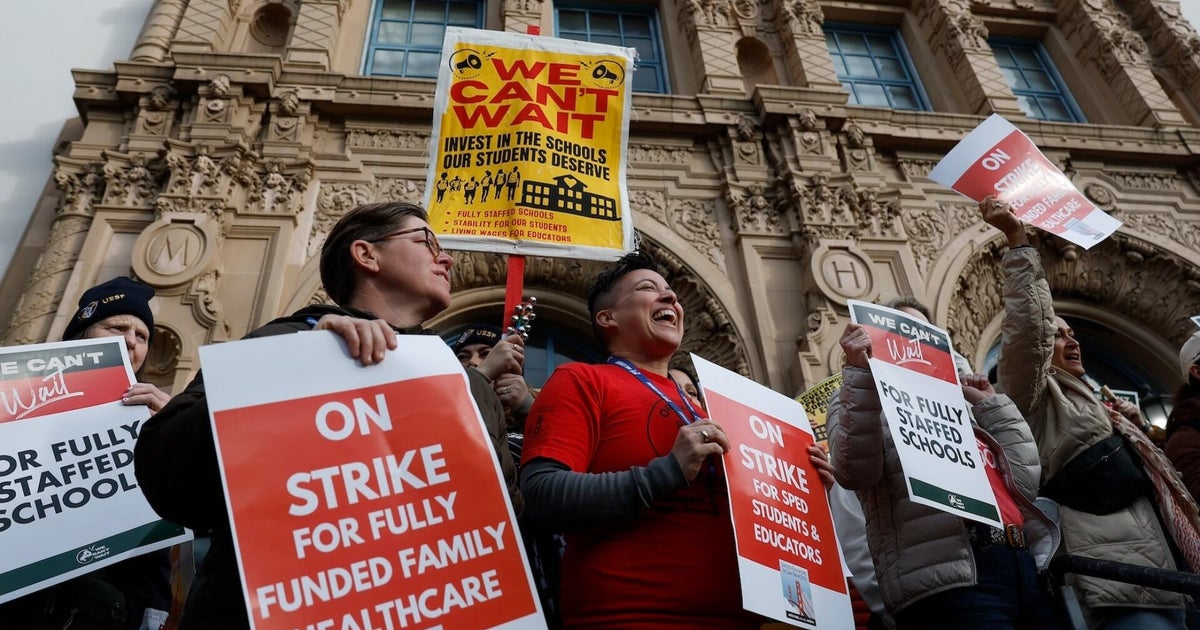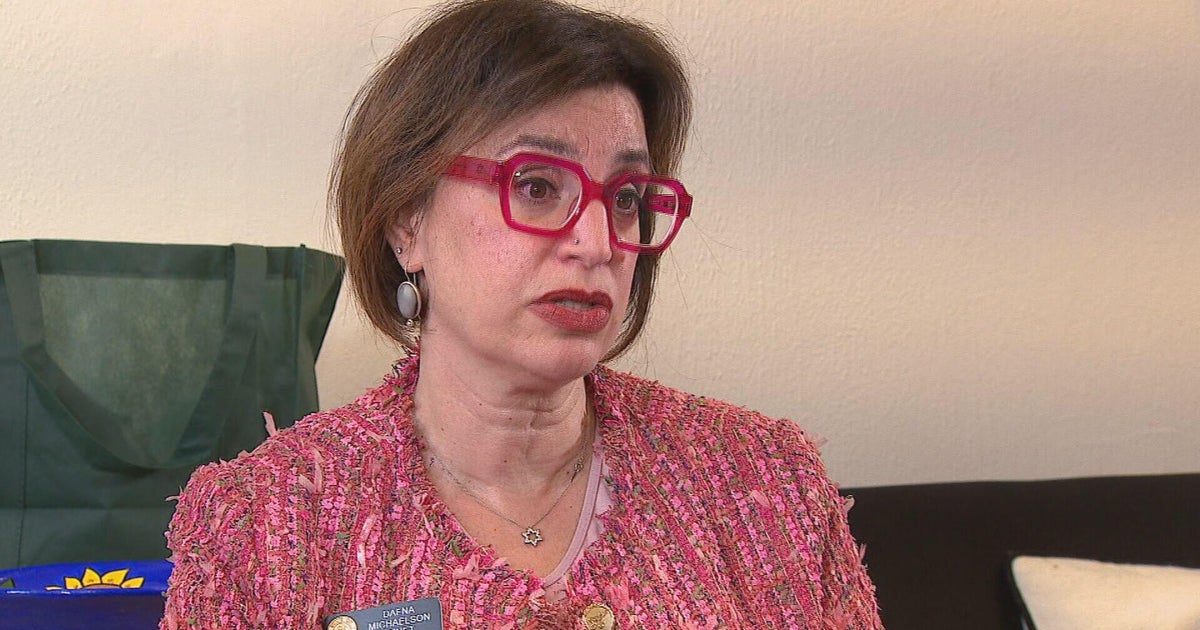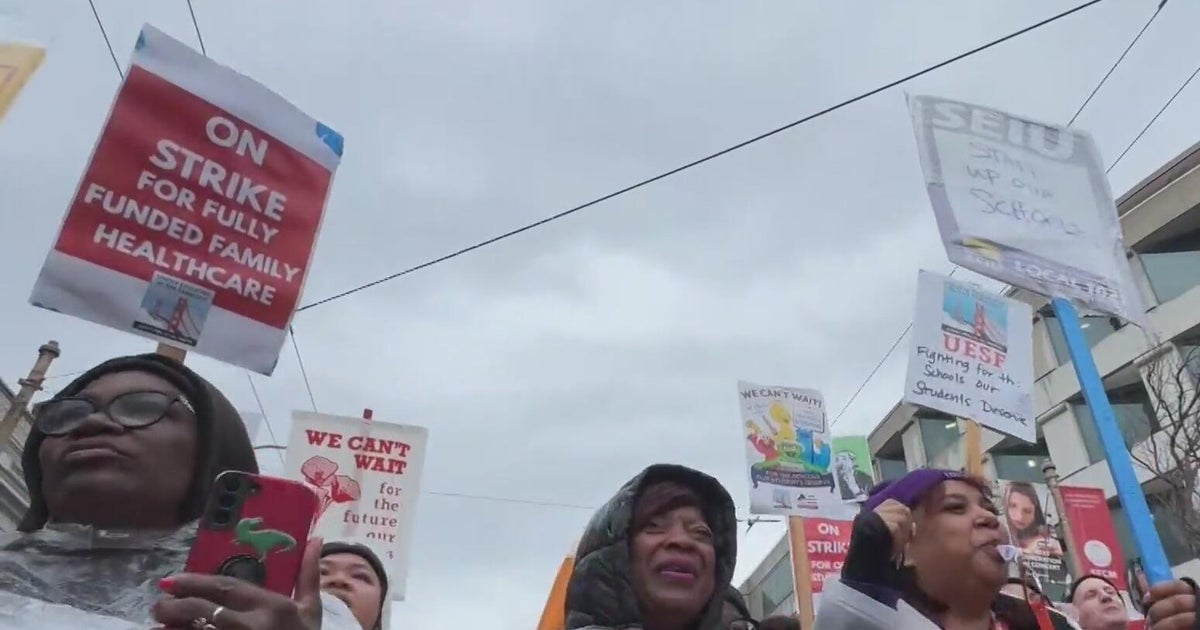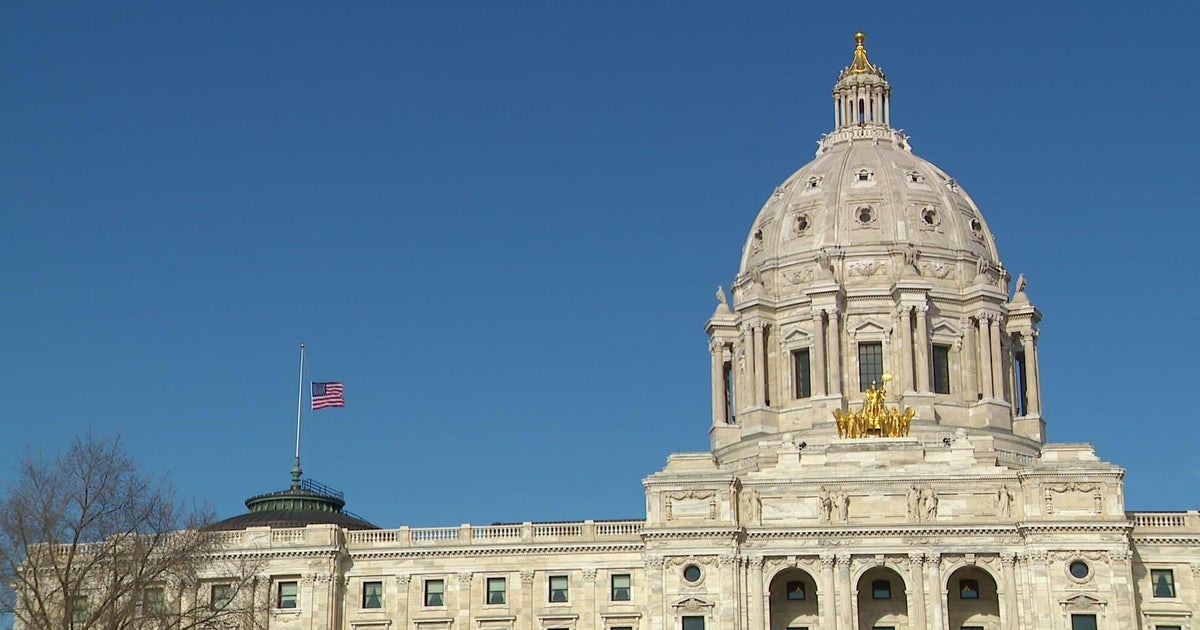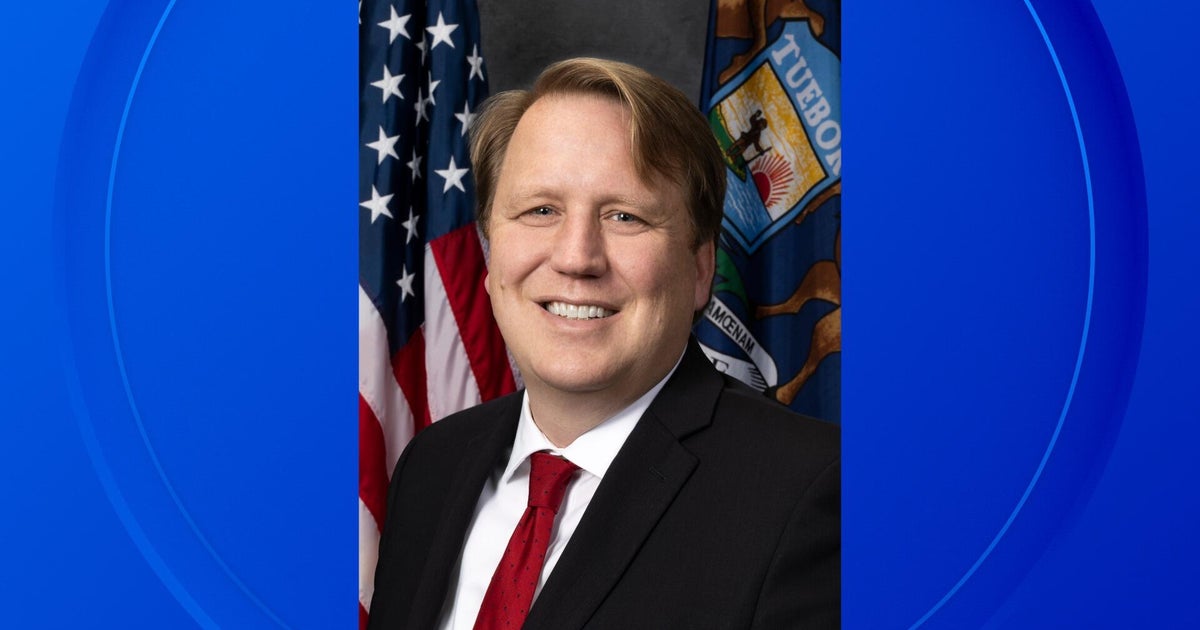Public school district leaders face questions from Congress on antisemitism school policies
Leaders of some of the largest U.S. public school districts faced questions from a House panel Wednesday about incidents of antisemitism in their schools.
A Republican-led House education subcommittee called Berkeley Unified Schools Superintendent Enikia Ford Morthel of California, New York City School Chancellor David Banks and Montgomery County School Board President Karla Silvestre of Maryland to testify.
"Antisemitic incidents have exploded in K-12 schools following Hamas' horrific Oct. 7 attack. Jewish teachers, students, and faculty have been denied a safe learning environment and forced to contend with antisemitic agitators due to district leaders' inaction," Rep. Aaron Bean, a Florida Republican who chairs the House Education and Workforce subcommittee on elementary and secondary education, told CBS News.
In his opening statement on Wednesday, Bean said that "the very need for this hearing is a travesty," adding that the witnesses represent "some of the largest school districts in the nation where there's been some vile antisemitism."
A senior committee aide told CBS News the panel didn't issue subpoenas, but it did ask the school district leaders to appear voluntarily.
In a written statement shared with CBS News, the Berkeley United School District said Morthel "did not seek" to testify but has accepted the invitation to appear.
A Berkeley schools spokeswoman said, "We strive every day to ensure that our classrooms are respectful, humanizing, and joyful places for all our students, where they are welcomed, seen, valued, and heard. We will continue to center our students and take care of each other during this time."
Each of the three school districts has a large number of Jewish students. Each has faced complaints about the handling of alleged incidents of antisemitism.
The Anti-Defamation League and the Louis Brandeis Center have submitted a complaint against the Berkeley school system, alleging some children have experienced "severe and persistent harassment and discrimination on the basis of their Jewish ethnicity, shared ancestry, and national origin, and whose reports to administrators have gone ignored for months."
The Zionist Organization of America recently filed a civil rights complaint against Montgomery County Public Schools, claiming a failure to properly address antisemitic incidents in its schools. The school district did not respond to a request for comment about Silvestre or the board president's planned testimony.
The Montgomery County Public School District's publicly posted policies on religious diversity say, "Each student has a right to his or her religious beliefs and practices, free from discrimination, bullying or harassment."
New York City also faces a civil rights complaint from the Brandeis Center that alleges a "failing to address persistent antisemitism against teachers." When asked for comment about its chancellor's planned testimony, the New York Public Schools spokesperson referred CBS News to comments made by Banks at a public event earlier this month.
"Exclusion and intimidation are against everything public education stands for," Banks said. "We cannot allow hateful acts, whether physical or through antisemitic rhetoric."
"Doing so causes more pain and erects even more walls," Banks added. "We must collectively stand against it."
The school district leaders faced questions about disciplinary action they have taken to address antisemitic acts in their schools, as they defended their responses and committed to making improvements.
"We cannot simply discipline our way out of this problem," Banks said. "The true antidote to ignorance and bias is to teach."
The exchanges between the witnesses and lawmakers sometimes grew tense, as has been the case in hearings with college administrators on efforts to combat antisemitism in recent months. In one exchange, Rep. Elise Stefanik, who has spearheaded the calls for the resignation of some university leaders over the issue, sparred with Banks over specific enforcement over alleged antisemitic actions.
"You can give us an answer — you're choosing not to," the New York Republican said of specific disciplinary action against a teacher. "That's unacceptable."
Ahnyae Hedgepeth contributed to this report.

